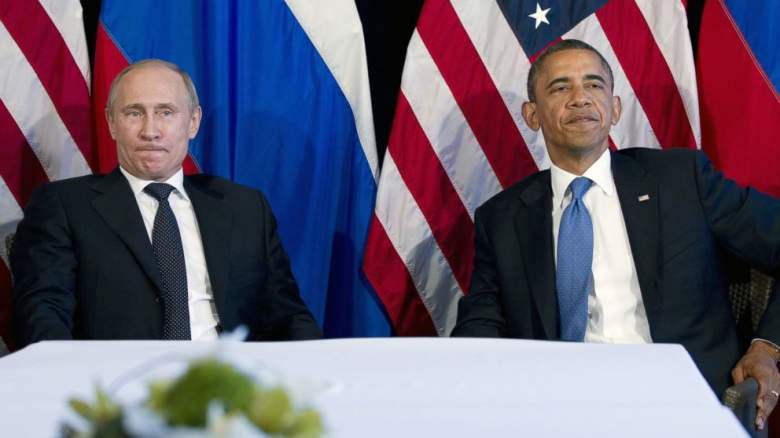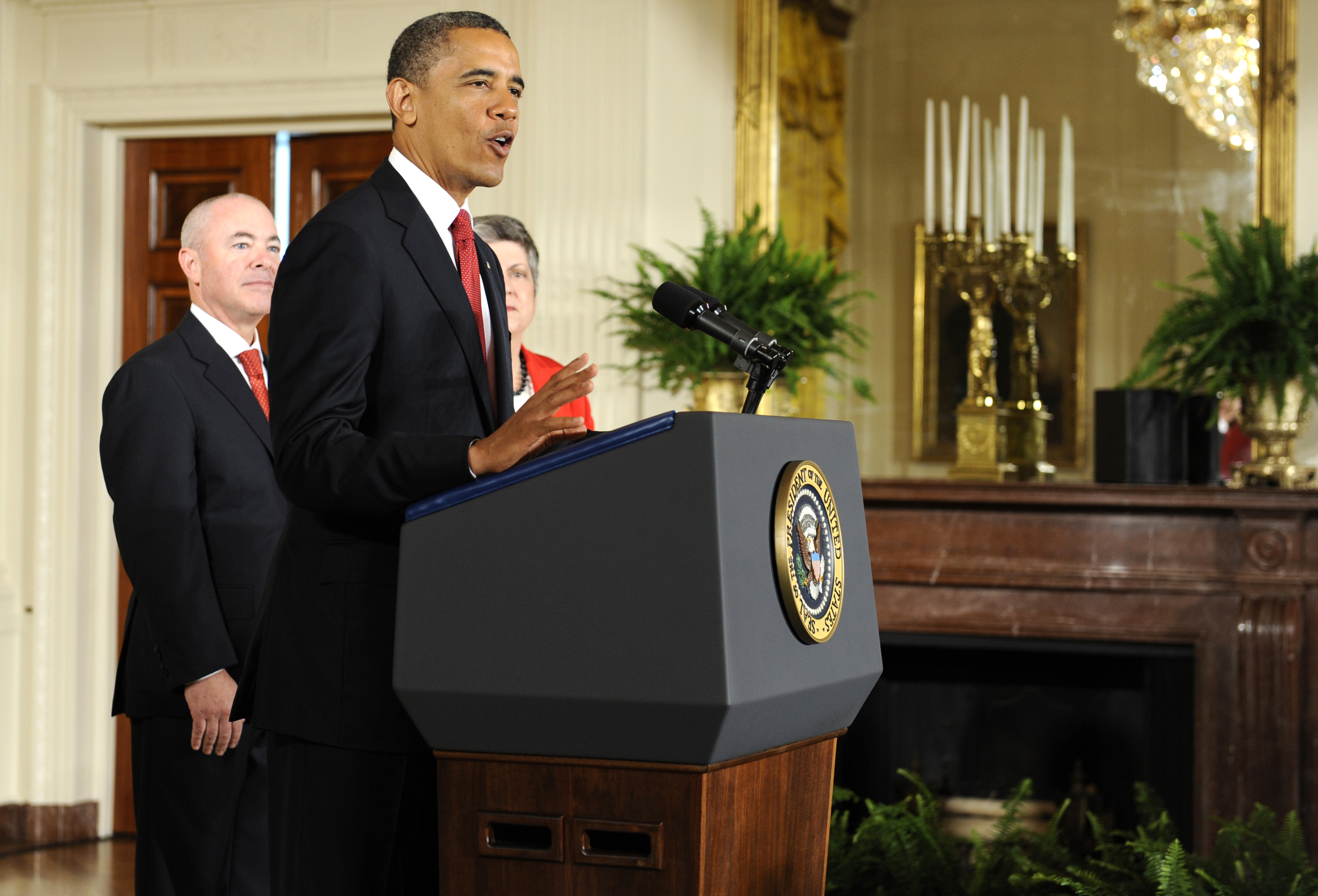
President Barack Obama pre-taped an interview with SiriusXM host Joe Madison to promote his new memoir, A Promised Land.
Obama also spoke about which world leaders were both the best and most challenging to deal with during his presidency, answering Chancellor Angela Merkel and President Vladimir Putin, respectively: “[Merkel] was smart, reliable, a great ally, tough…. really held Europe together and fought back against some of this resurgent far-right politics in Europe. I really admire her a lot…. Even though personally, [Putin] and I were always courteous with each other, the fact of the matter is, is that he was suspicious of America, resented American power, and his belief that we had taken advantage of Russia when it was flat on its back after the end of the Cold War.
President Obama also discussed his relationship with Nelson Mandela and other leaders who he had the most respect for. “I met Mandela, but he was already very elderly,” he said.
“And obviously my reverence for him is at a different level. In terms of people who were in power when I was president, I would say that Angela Merkel, the Chancellor of Germany, was somebody who, although she came from a center-right party as opposed to center-left party, was smart, reliable, a great ally, tough. Our work together and cooperation on a whole bunch of international issues was exemplary. She’s still the Chancellor now because they don’t have term limits in Germany. I mean she’s been reelected multiple times and really held Europe together and fought back against some of this resurgent far-right politics in Europe. I really admire her a lot.”

GettyFormer U.S. President Barack Obama speaks as U.S. Citizenship and Immigration Services Director Alejandro Mayorkas and Secretary of Homeland Security Janet Napolitano look on during a naturalization ceremony for active duty service members in the East Room of the White House July 4, 2012 in Washington, DC.
President Obama also discussed some of his difficulties with other world leaders. “I think that the biggest challenge during my presidency was dealing with Putin,” he said.
“Even though personally, Putin of Russia, even though personally, he and I were always courteous with each other, the fact of the matter is, is that he was suspicious of America, resented American power, and his belief that we had taken advantage of Russia when it was flat on its back after the end of the Cold War. As I described in the book, he’s sort of like an old world boss kind of style of politics. It’s all about what’s in it for me and my crew and not necessarily thinking about broader issues. And, in Volume 2, I’ll get even deeper into some of the stuff that ended up resulting in him meddling in the U.S. Election. But, at the end of the day, though, Joe, the thing that I learned, and I described this in the book is you keep on thinking that at every level things are going to be different. You start off at the state legislature, you look around and you go, man, a lot of these folks, they are not informed, or they’re corrupt, or they’re power hungry. Then you get to Congress, you think it’s going to be better. Then you get to the world stage. Look, it turns out people are the same at each level. It’s just like high school. You got cliques and you got folks who are wonderful, and then you got some folks who’ve got an attitude. Human dynamics don’t change that much. And It’s part of what I try to present in the book so that if a young person wants to get involved in politics, want to get involved in public service, want to change the world, what I want them to come away with from reading this book is the fact that they can. It’s not something mysterious. It’s the same kinds of challenges and issues that all of us deal with in everyday life. It’s just done at a different level with higher stakes, but it’s something that I think everybody can understand.”